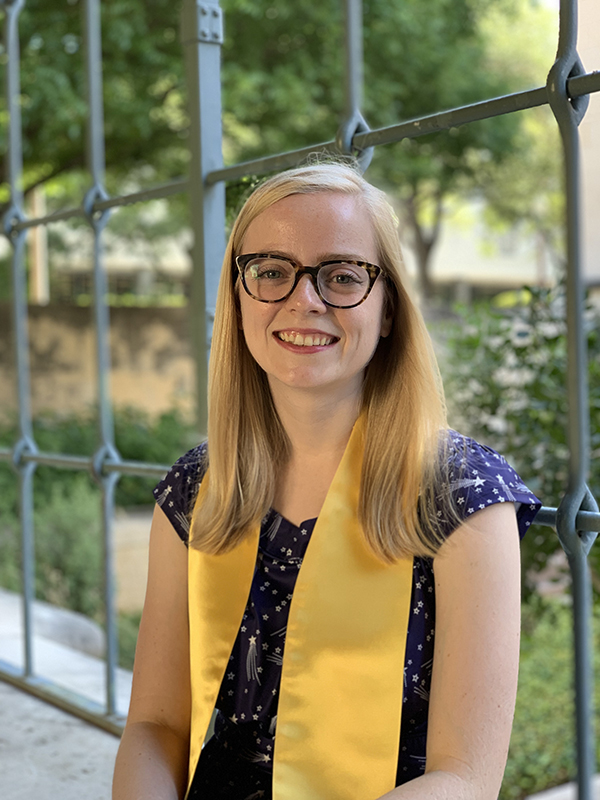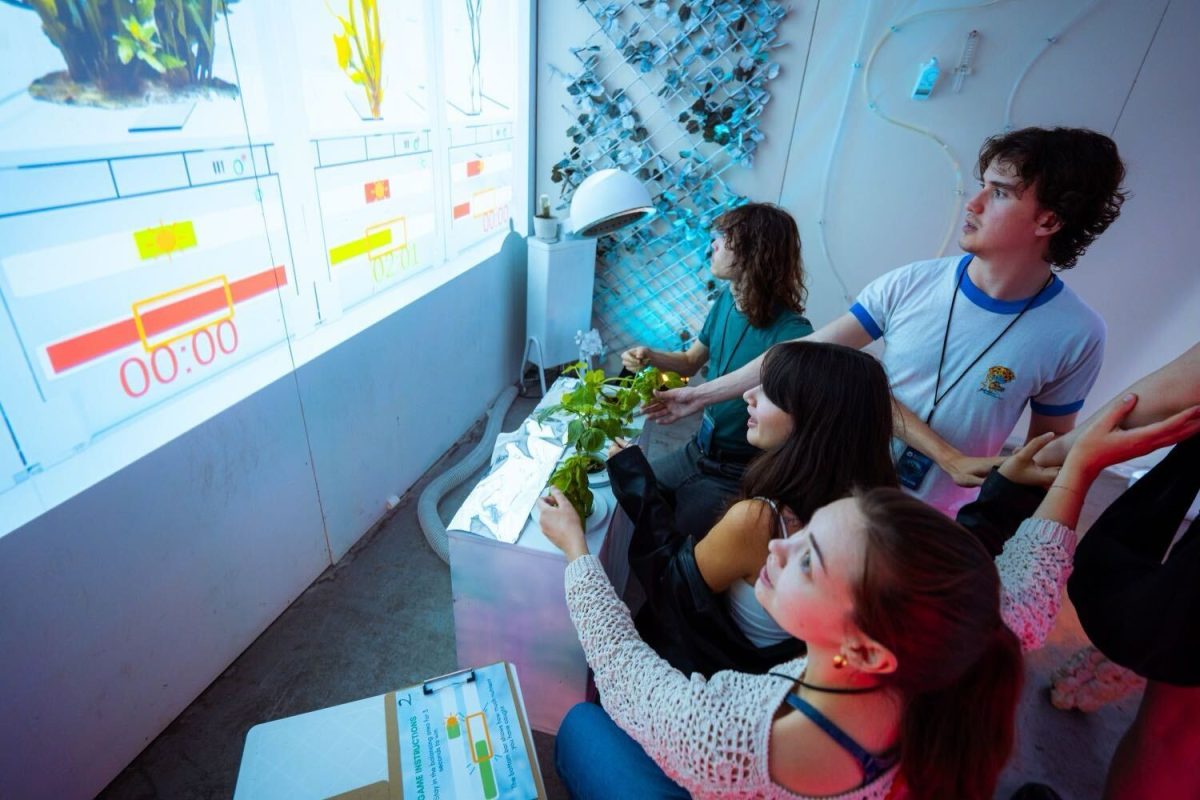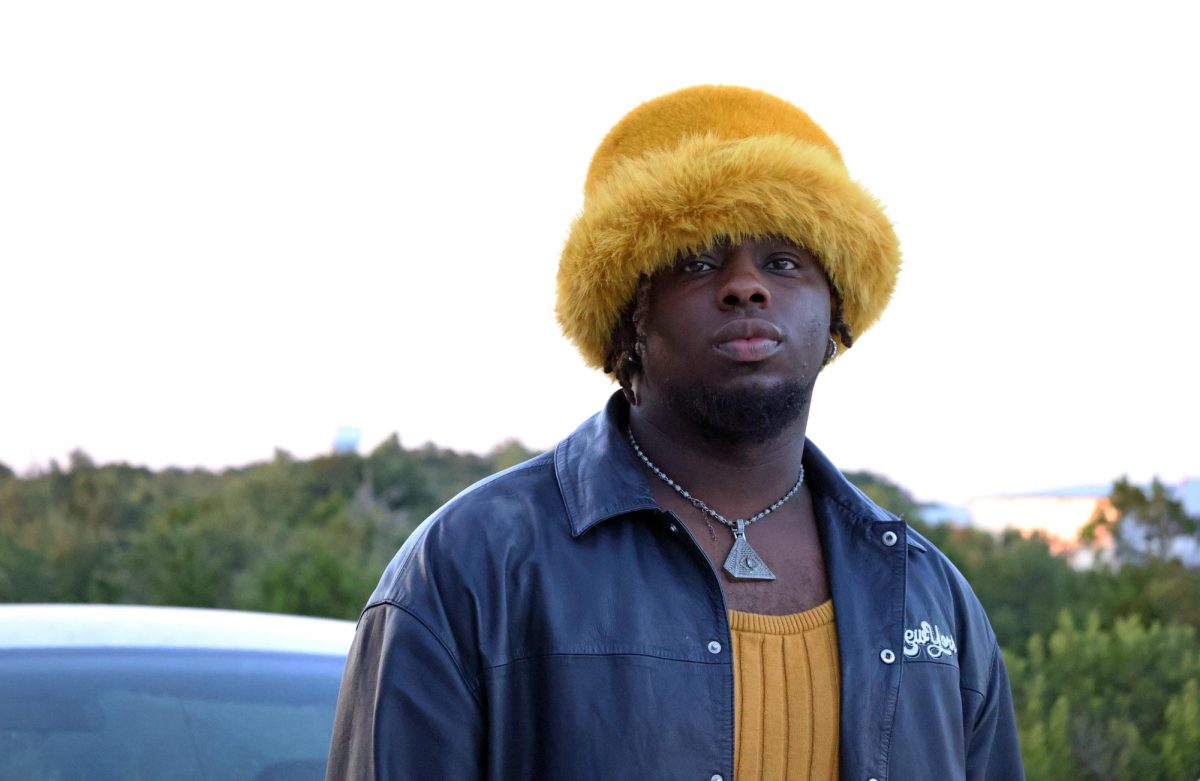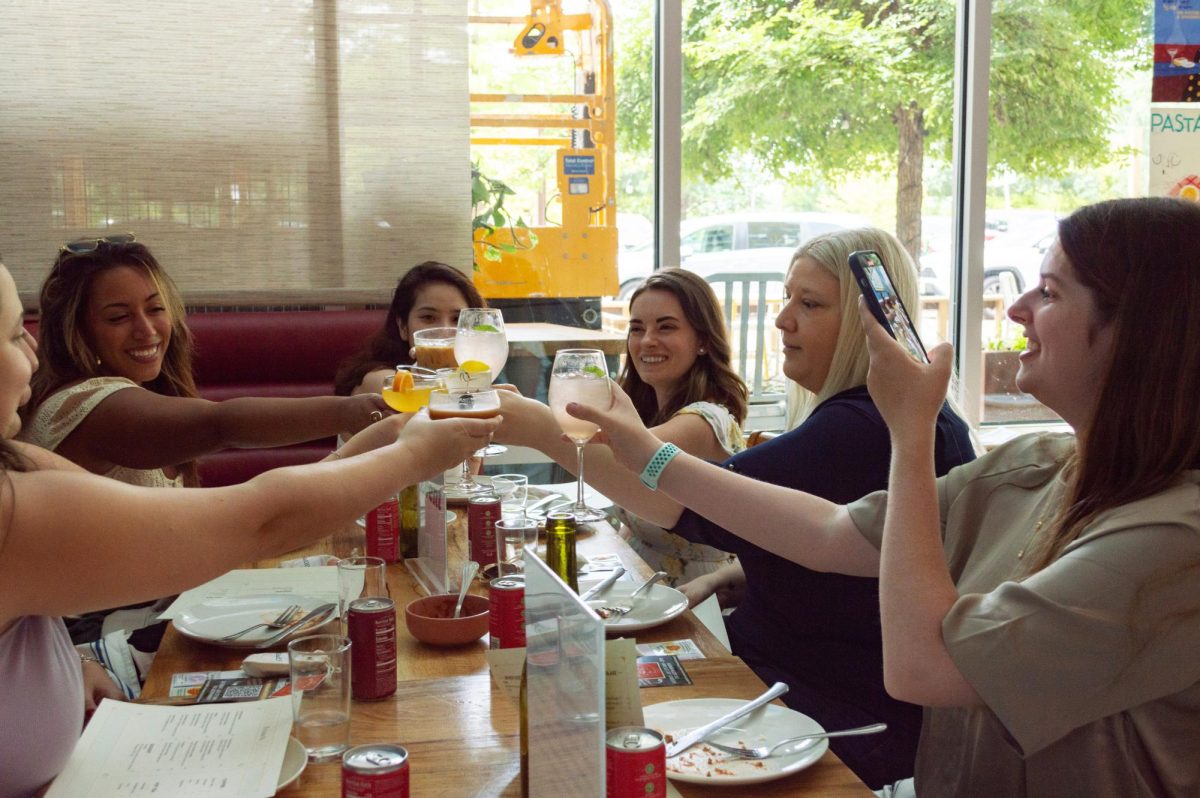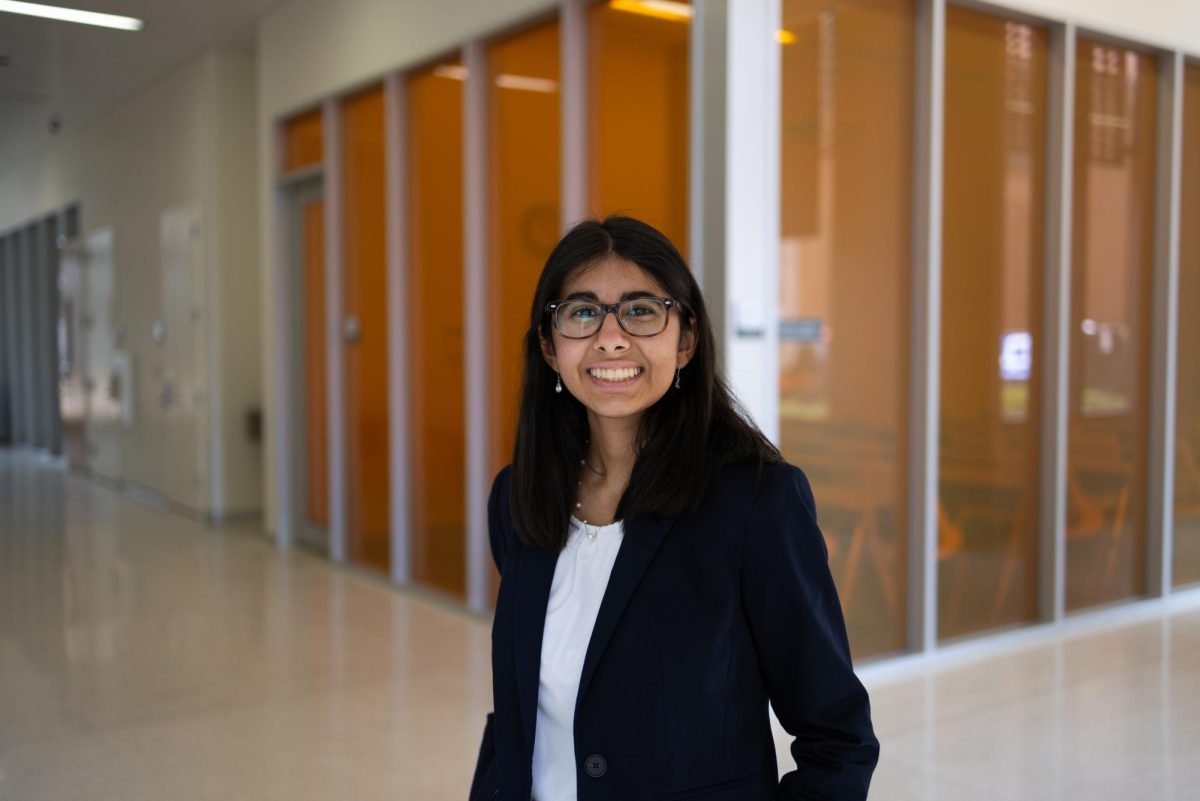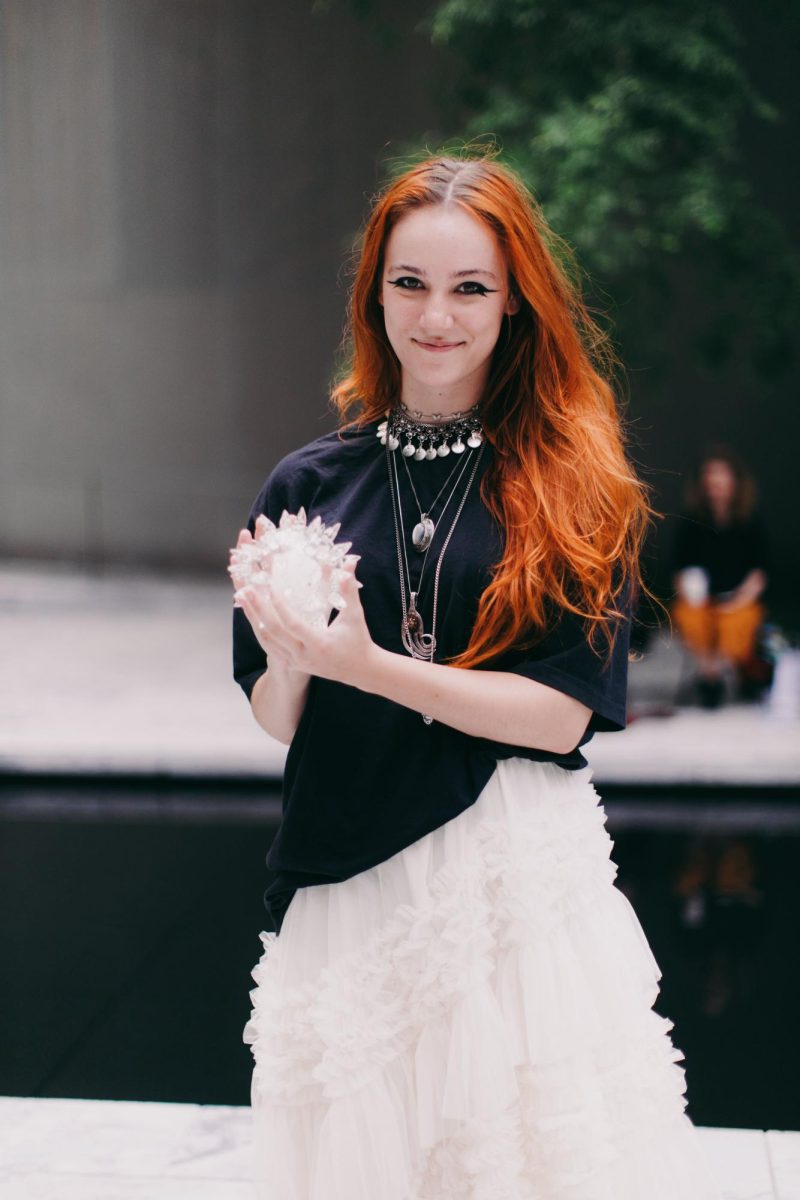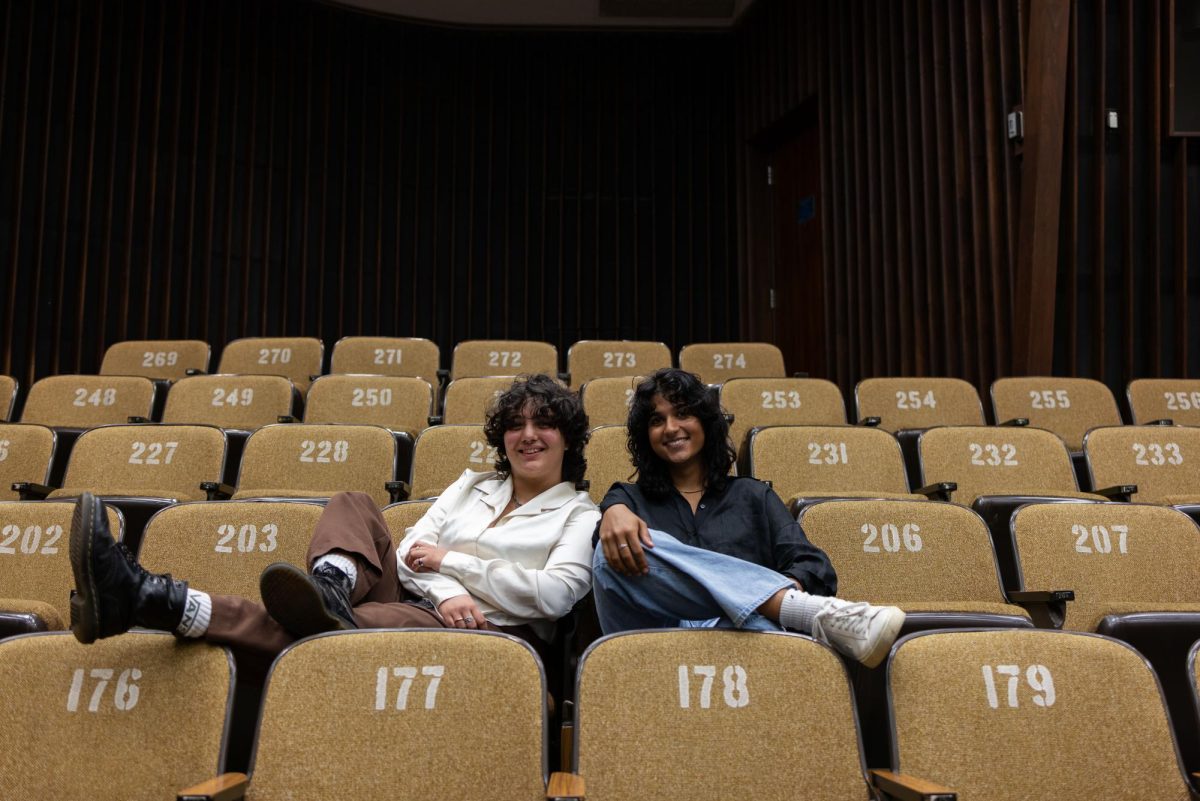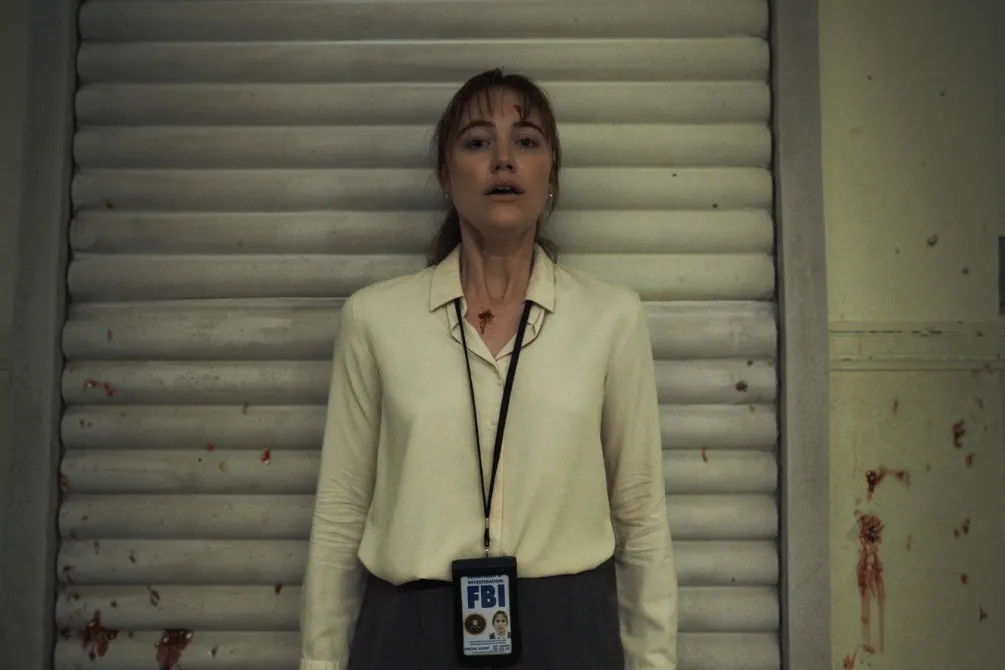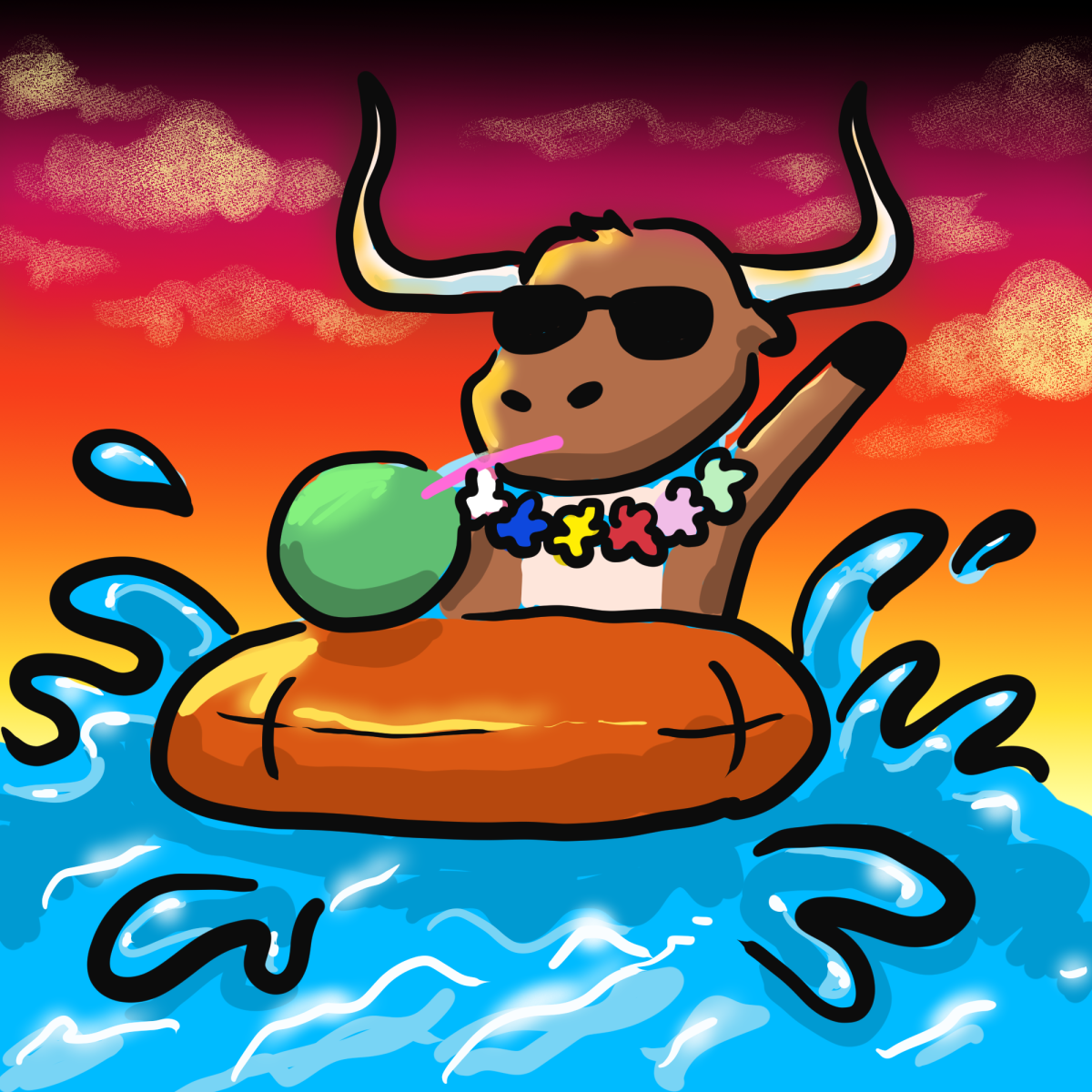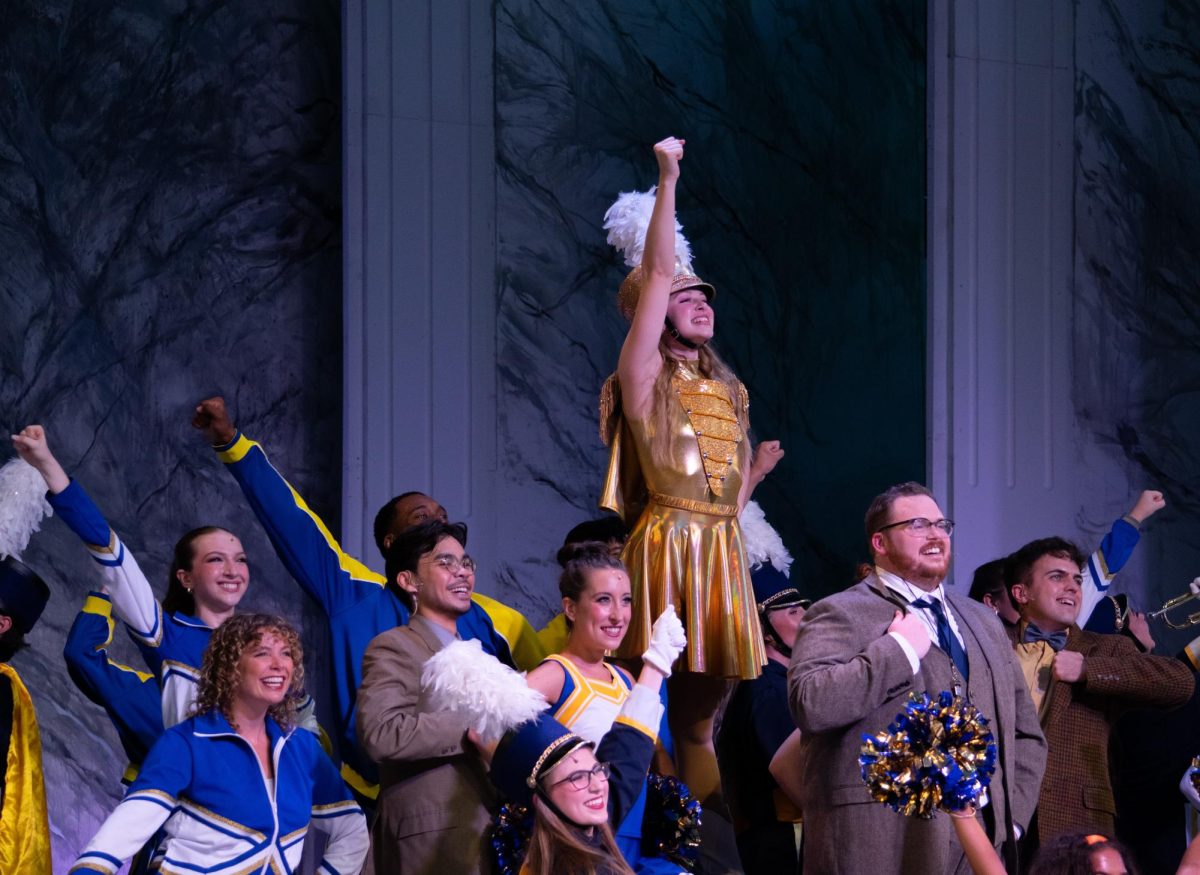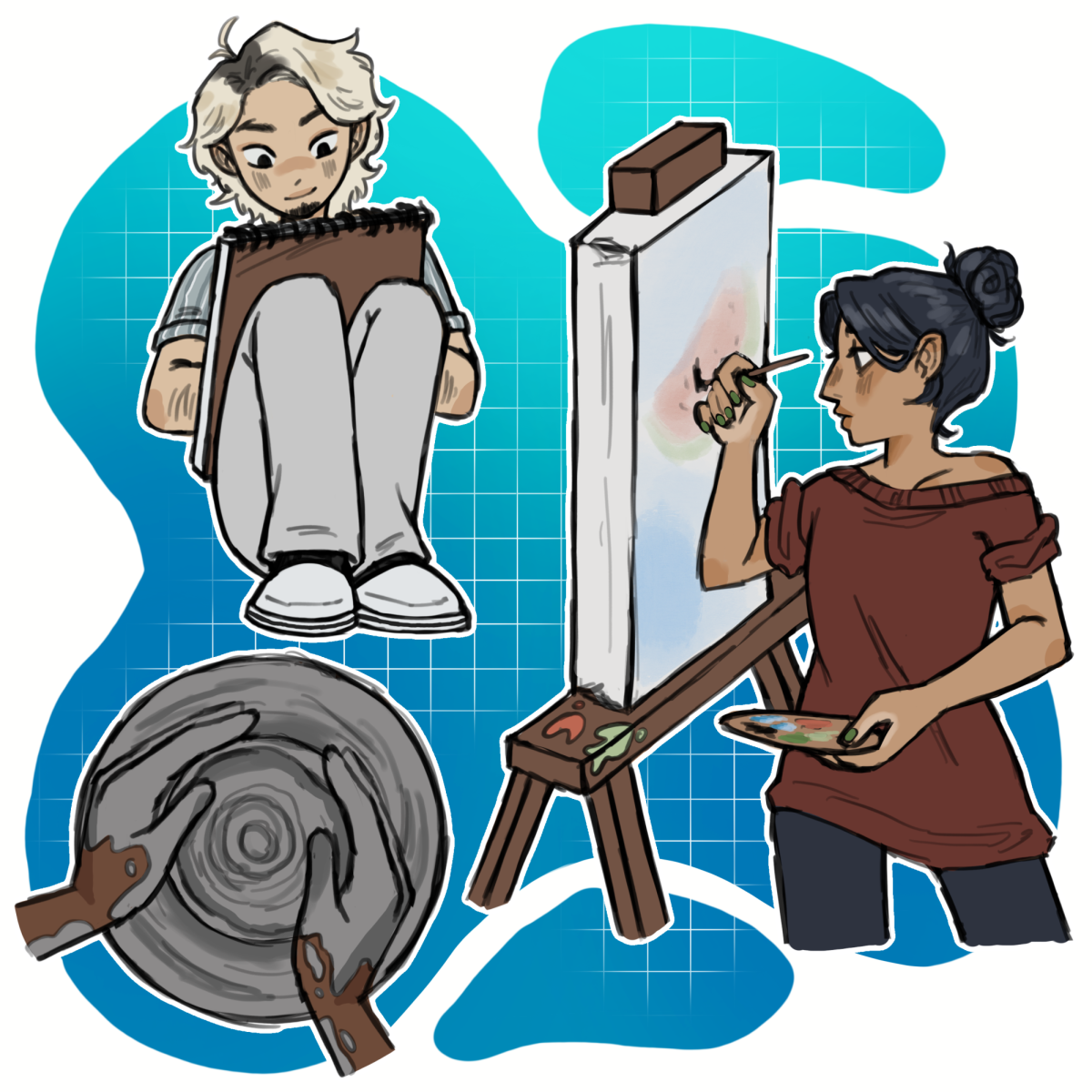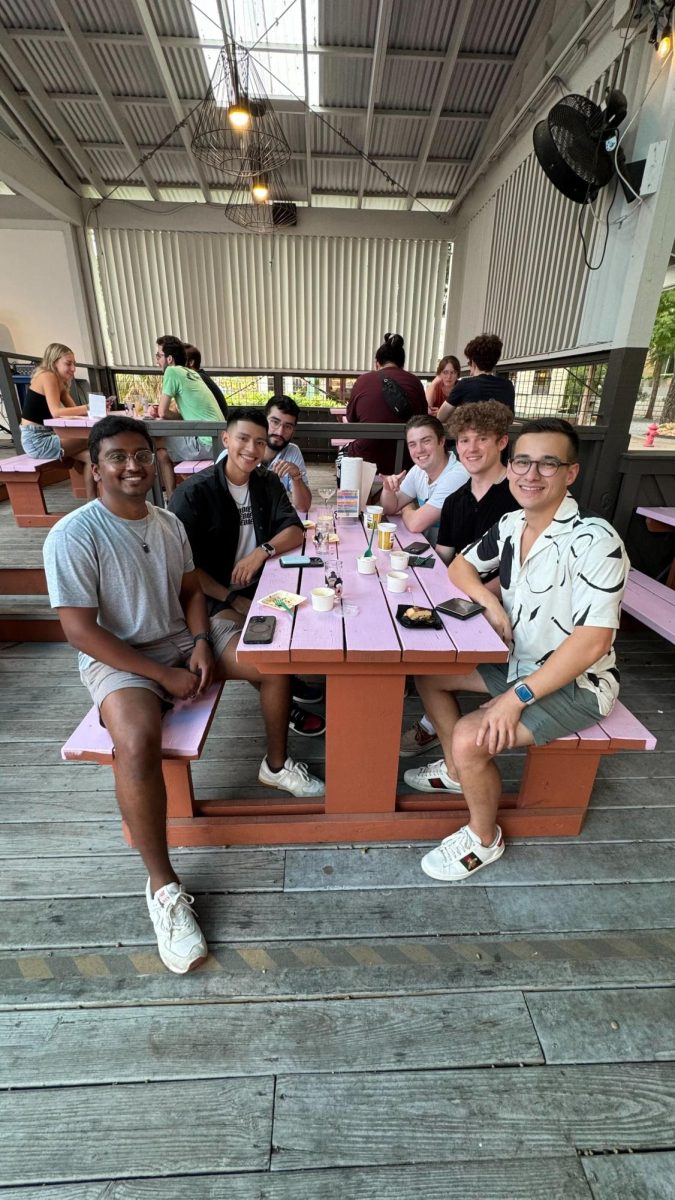Months before graduating from UT, Anne Dattilo discovered two new planets.
They call her the “planet hunter.”
“I find the term ‘planet hunter’ so incredibly sci-fi,” alumna Dattilo said. “It seems like such an amazing thing, but in reality I was just looking at data on my MacBook Pro in a windowless room.”
Three years before discovering the planets, Dattilo decided her interests were in the world of exoplanets. Her junior year, she heard a lecture from Dr. Andrew Vanderburg, a postdoctoral candidate in the Astronomy department, about his research on planets and how to see them throughout the galaxy.
After the lecture, Vanderburg invited students to help him build an artificial intelligence intended to discover exoplanets.
“It’s really impressive (for Dattilo) to come in as a college student without knowing all of the background in the scientific field and be able to learn quickly enough to make a big result,” Vanderburg said.
That summer, Vanderburg invited Dattilo to join his team for several days of research at the McDonald Observatory in the desert of Fort David, Texas. Inside a roofless dome, Dattilo said it was a unique opportunity for the team to work together in the same place without distractions.
Chris Shallue, a former Google software engineer, worked with the pair and said Dattilo’s knowledge impressed him early on.
“I would ask Anne basic questions and she knew the answer to everything,” Shallue said. “I think we learned something from each other while we were there.”
When the 2009 Kepler telescope Shallue was using to collect data from retired, Dattilo began modifying the neural network to allow it to function with Kepler’s new K2 telescope in January 2018. Dattilo said she was thrilled when the network was successful again.
Using the newly successful network they created, she identified 20 possible planets and emailed Vanderburg about the two best candidates.
“It was really late at night and I was like sitting on my bed, and I got this email from Andrew and it was just like, ‘Congrats, you found your first planet!’” Dattilo said. “Andrew has found well over 100 planets, and so it seems kind of surreal sometimes that he was so excited for my first one.”
Dattilo wrote a scientific journal article about the two planets she discovered, named K2-293b and K2-294b by NASA, during the fall of her senior year.
Published in late March, the article was quickly followed by a press release from the UT Astronomy department. Dattilo said the public reaction was almost immediate and she received several interview requests.
Later, on Dec. 19, Google posted a 3-minute video that recreates Dattilo, Vanderburg and Shallue’s experience at the McDonald Observatory. Now it has almost 165,000 views on YouTube.
Vanderburg said that the Google video and other publicity about Dattilo’s success sends a signal to young girls that they can accomplish similar feats.
“I think it’s a huge boon to women in science everywhere,” Vanderburg said. “If you only see examples of people who look different from you, it’s much harder to believe that (you) can be that person, too.”
Dattilo said her experiences as a woman in the STEM field have shaped her career path in astronomy. Often, Dattilo said, she was one of the few women in her classes and felt like she had to be twice as good to be taken half as seriously as her male counterparts.
Ultimately, Dattilo credits the discovery to hard work and support from her mentors.
“It’s really humbling (when you’re) doing research to relate (back) to the beginning of your project,” Dattilo said. “If you put in the effort and the time to be there, really anyone can do anything. And I had a lot of good guidance and probably a little bit of luck.”



